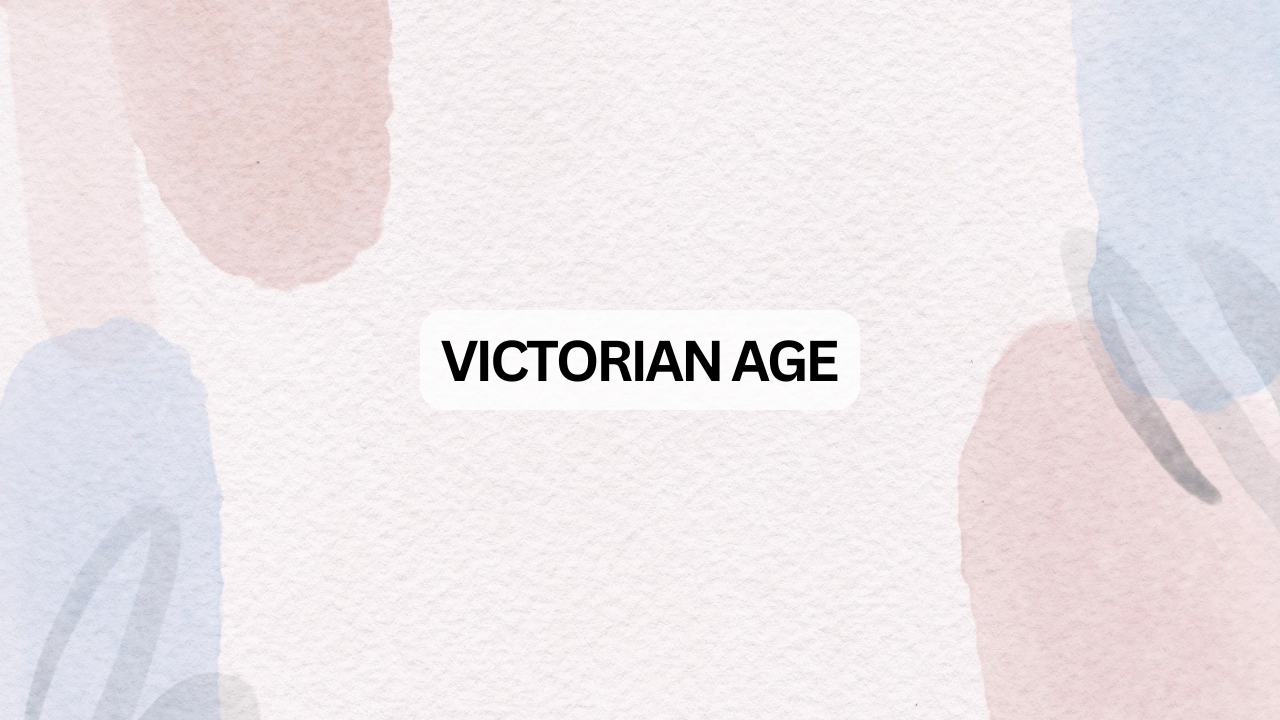Ah, the Victorian Age—a time when England was all about innovation, industry, and some seriously great books. If you’ve ever found yourself tangled up in the sprawling plots of Charles Dickens or lost in the gothic worlds of the Brontë sisters, you’ve had a taste of this iconic period in English literature. From social reform to deep moral dilemmas, the Victorian Age didn’t shy away from the big issues of the day (or the big novels, for that matter). Let’s hop on a time machine to explore this rich and sometimes very proper literary era.
What Was the Victorian Age?
The Victorian Age in English Literature refers to the period of Queen Victoria’s reign, spanning from 1837 to 1901. It was a time when Britain was the world’s dominant power, thanks to its booming industries and expanding empire. And just like the hustle and bustle of London’s streets, the literary scene during this time was vibrant, filled with exciting new ideas, dramatic twists, and, of course, plenty of commentary on the growing class divide.
Victorian writers were all about grappling with the issues of the time—poverty, inequality, industrialization—and they weren’t afraid to mix a little social critique with a dash of romance, a sprinkle of mystery, and a hefty dose of moral reflection.
The Giants of Victorian Literature
When you think of Victorian literature, Charles Dickens immediately springs to mind. Dickens was basically the literary equivalent of a rock star in his time. With novels like Oliver Twist, David Copperfield, and Great Expectations, Dickens explored the harsh realities of poverty and class struggle in London, all while giving us some of the most memorable characters in literature. (Looking at you, Ebenezer Scrooge!)
Then, of course, there were the Brontë sisters—Charlotte, Emily, and Anne. Talk about literary powerhouses! Charlotte Brontë’s Jane Eyre gave us a fiercely independent heroine with a dark and brooding love interest, while Emily Brontë’s Wuthering Heights delivered a whirlwind of gothic passion and revenge, starring the infamously wild Heathcliff. Anne Brontë might not be as famous, but her novel The Tenant of Wildfell Hall was one of the first to openly critique the mistreatment of women in marriage—pretty bold for its time!
But it wasn’t just the Brontës and Dickens stealing the spotlight. George Eliot (the pen name of Mary Ann Evans) gave us Middlemarch, a deeply intellectual and complex novel about the intricacies of rural life, social ambition, and human nature. Eliot’s works were known for their psychological depth and moral dilemmas, and she didn’t sugarcoat the messy realities of life.
And then there’s Thomas Hardy, whose novels like Tess of the d’Urbervilles and Jude the Obscure show us that the Victorian Age wasn’t all tea parties and corsets—it could be downright bleak. Hardy’s works often dealt with the cruelty of fate and the rigid social structures that trapped people in miserable situations.
Key Themes in Victorian Literature
- Social Class and Industrialization: The Victorians were obsessed with social class, and with good reason—the Industrial Revolution was in full swing, bringing wealth to some and grinding poverty to others. Writers like Dickens, Elizabeth Gaskell (with North and South), and even Thomas Carlyle captured the gritty reality of life in the industrial age, highlighting the growing divide between the haves and the have-nots.
- Moral Dilemmas and Hypocrisy: The Victorian era was all about maintaining a stiff upper lip, but behind those prim and proper facades were some serious moral struggles. Victorian writers loved to expose the hypocrisy of a society that claimed to be deeply moral while allowing exploitation, corruption, and social injustice to run rampant.
- Gender Roles and Women’s Rights: The Victorian Age saw the beginning of a shift in the roles of women, and the literature reflected that. From the independent spirit of Jane Eyre to George Eliot’s complex female characters, Victorian literature often explored the limitations placed on women in a patriarchal society. Many of these writers were critical of the rigid gender roles of the time and pushed for more freedom and opportunity for women.
- Gothic and the Supernatural: Victorian literature loved a good gothic scare, complete with crumbling castles, mysterious figures, and just the right amount of the supernatural. Emily Brontë’s Wuthering Heights and Bram Stoker’s Dracula (yep, the vampire that started it all) are prime examples. These stories delved into the darker sides of human nature, fear, and madness.
- The Individual vs. Society: Victorians often pondered how individuals fit into an increasingly complex and bureaucratic society. Writers like Hardy and Eliot explored how social expectations and fate could crush a person’s spirit. In Great Expectations, for example, Dickens shows how Pip’s desire to rise above his station affects his relationships and sense of self.
Why Victorian Literature Still Matters
So, why are we still obsessed with the Victorians? For one, the problems they grappled with—inequality, social change, moral hypocrisy—are still pretty relevant today. Plus, their novels give us rich, complex characters that feel human in all their flaws and emotions. Whether it’s Pip’s ambition, Jane Eyre’s fierce independence, or Tess’s tragic fate, these characters are timeless in the way they navigate life’s challenges.
Also, the Victorians loved a good story, and who doesn’t? They mastered the art of the sprawling, twist-filled plot, complete with dramatic reversals of fortune, unrequited love, family secrets, and more than a few cliffhangers.
